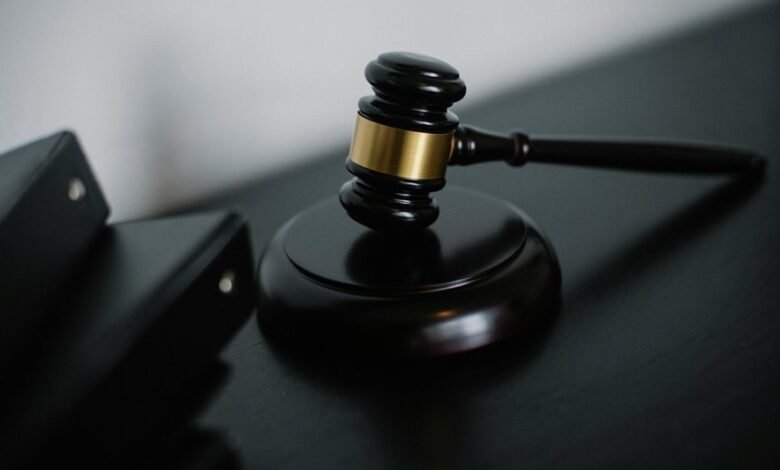Fraudulent Caller Oversight Regulation Security Bureau 3516850323 3898785879 3896833762 3801530600 3288958019 3533998439

The Fraudulent Caller Oversight Regulation Security Bureau plays a pivotal role in safeguarding consumers from telecommunication fraud. It implements stringent caller verification processes and mandates compliance from service providers. Despite its efforts, the Bureau faces significant challenges in a landscape characterized by rapid technological advancements and evolving fraud tactics. Understanding its functions and the complexities it navigates raises critical questions about the future of telecommunication integrity and consumer protection.
Overview of the Fraudulent Caller Oversight Regulation Security Bureau
The Fraudulent Caller Oversight Regulation Security Bureau serves as a critical entity in the fight against deceptive telecommunication practices.
Its mandate encompasses robust fraud detection mechanisms and stringent caller verification processes, ensuring that consumers are safeguarded against malicious operators.
Key Functions and Responsibilities
Ensuring the integrity of telecommunications, the Fraudulent Caller Oversight Regulation Security Bureau undertakes several key functions and responsibilities essential for mitigating fraudulent activities.
These include implementing caller verification processes, enforcing regulatory compliance among telecommunications providers, and conducting thorough investigations into reported fraud cases.
Challenges Faced by the Bureau
Navigating the complexities of modern telecommunications poses significant challenges for the Fraudulent Caller Oversight Regulation Security Bureau.
Bureau challenges include the rapid evolution of technology, which outpaces regulatory frameworks, and the difficulty in tracking sophisticated fraudulent schemes.
These factors contribute to concerns regarding regulation effectiveness, as the bureau strives to balance enforcement with the need for consumer protection and the preservation of privacy rights.
Future Directions in Telecommunication Security
As technology continues to advance at an unprecedented pace, future directions in telecommunication security must prioritize adaptive regulatory frameworks that can effectively respond to emerging threats.
Integrating blockchain technology can enhance data integrity, while artificial intelligence can facilitate real-time threat detection and response.
These innovations promise to bolster security measures, ensuring user privacy and trust in telecommunication systems as they evolve.
Conclusion
In conclusion, the Fraudulent Caller Oversight Regulation Security Bureau stands as a formidable fortress against the rampant tide of telecommunication fraud. By implementing stringent caller verification processes and enforcing compliance among providers, the Bureau plays a pivotal role in safeguarding consumer interests. Despite the myriad challenges it faces in an ever-evolving digital landscape, its commitment to maintaining telecommunication integrity remains unwavering. As technology advances, the Bureau’s proactive measures will be crucial in preserving public trust and security.




